The World Health Organization (WHO) warned this week that the Zika virus in Latin America has “explosive pandemic potential.” Patients often experience mild symptoms with Zika, but pregnant women face a larger danger.
Experts are working to understand what has now become a clear link between Zika and microcephaly, which causes infants to be born with a skull too small for their brains. This leads to serious mental disabilities.
Officials consider microcephaly a neurodevelopmental disorder. The disorder causes a child’s head to be smaller than children of the same age.
Microcephaly occurs if the brain does not form properly in pregnancy or stops growing after birth. Children can suffer from seizures, developmental delays, intellectual disability, and feeding problems.
The CDC stated the disorder is typically uncommon. Following the outbreak of Zika, however, Brazil has discovered over 4,000 cases and is diagnosing an average of 200 cases a week. In 2015, the country tracked over 2,400 cases compared to the 147 in 2014. These are some of the victims.
Aedes aegypti mosquitos carry the disease. While primarily found in Africa, all but two nations on the Western Hemisphere boast significant populations (Chile and Canada are the exceptions). They also carry Dengue, yellow fever, and Chikungunya. Doctors found the disease in one infant during an autopsy and numerous mothers reported symptoms.
“The level of alarm is extremely high, as is the level of uncertainty. Questions abound,” declared the head of WHO. “We need to get some answers quickly.”
She also warned people they “don’t need to travel to get the disease.”
Brazil, El Salvador, and Colombia have advised women from getting pregnant.
“It’s a very personal decision, but at this moment of uncertainty, if families can put off their pregnancy plans, that’s what we’re recommending,” stated Angela Rocha, the pediatric infectologist at Oswaldo Cruz Hospital in Brazil.
Food and Drug Administration spokeswoman Tara Goodin told the media the agencies and others are working “to rapidly implement appropriate donor deferral measures for travelers who have visited affected regions in order to protect the blood supply in the United States.”
Canada is not home to the mosquito, but officials are not “ruling out changes to it blood-donation policy.”
“We are carefully monitoring the zika virus issue and are considering revisions to our travel deferral policies in order to protect the Canadian blood supply from the threat of this virus,” clarified Dr. Dana Devine, Chief Medical and Scientific Officer for Canadian Blood Services.
The United States has confirmed 31 Zika cases. Puerto Rico reported 19.
“The only proven tools we have in hand is mosquito abatement and public health recommendations,” explained Dr. Peter Hotez, dean of the National School of Tropical Medicine at Baylor College of Medicine.

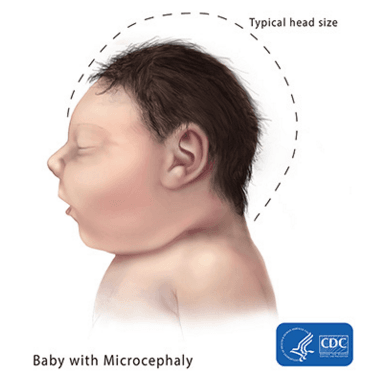
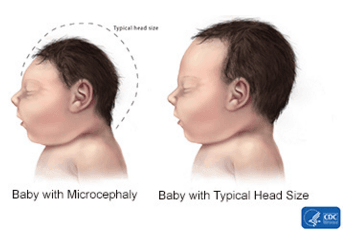

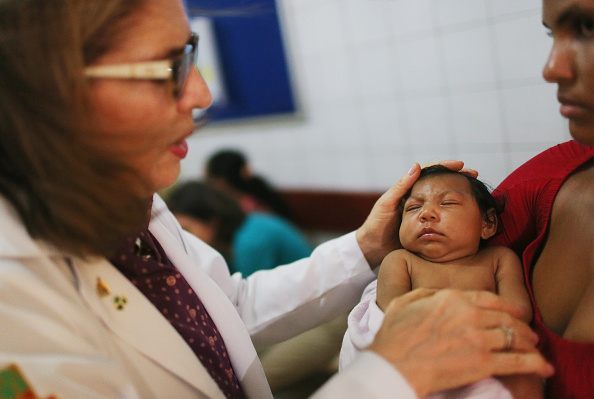



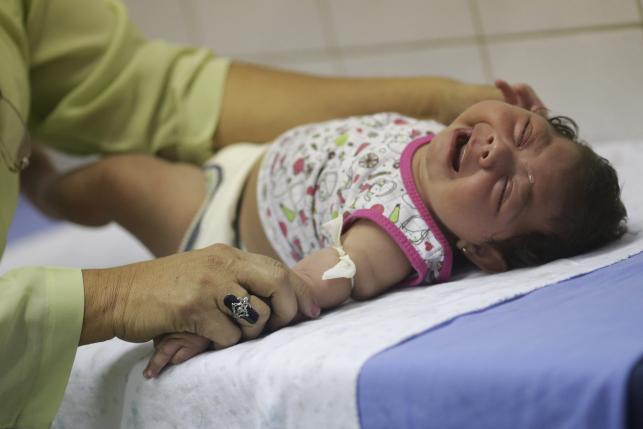
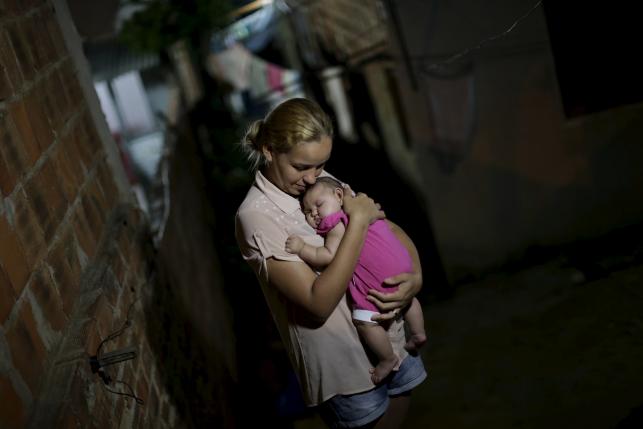
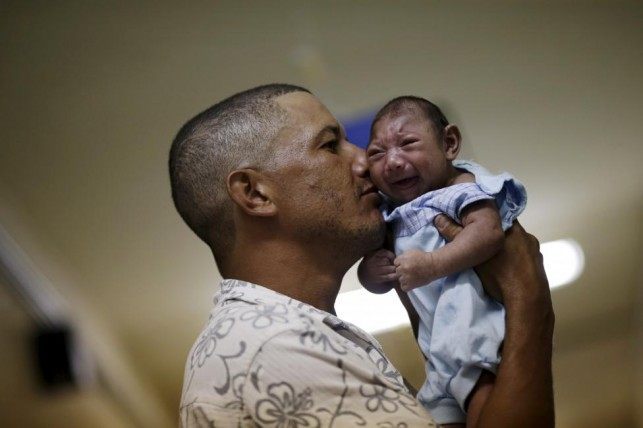
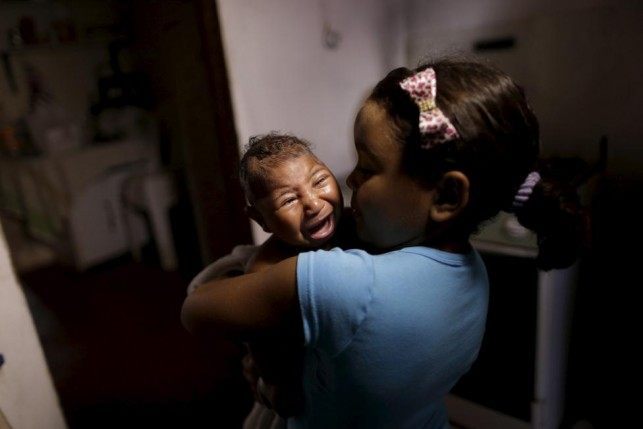
COMMENTS
Please let us know if you're having issues with commenting.